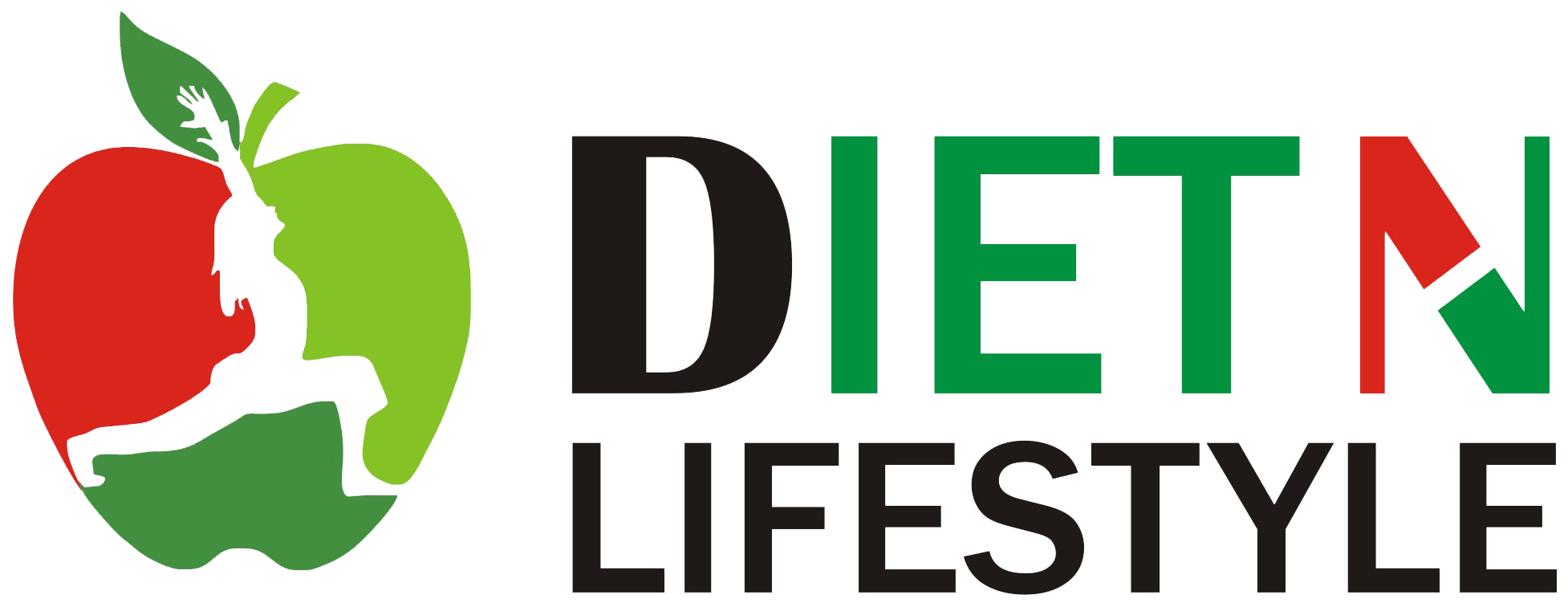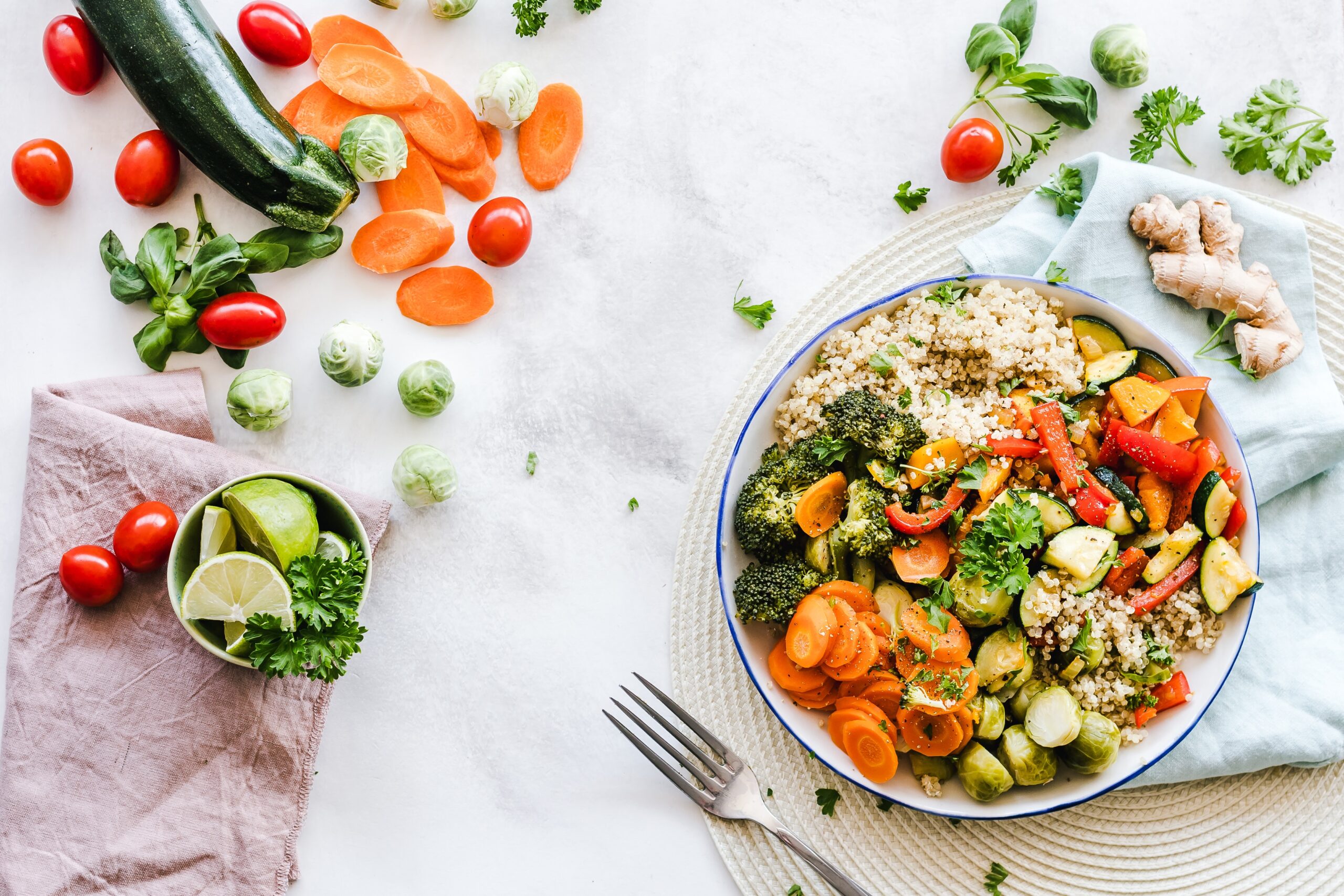Introduction
The high vitamin and mineral content found in superfoods can help your body ward off diseases and keep you healthier. When incorporated into a well-balanced diet, these foods can promote good health, weight loss, improve energy levels and even reduce the effects of ageing. But due to the fast pace of life, we tend to miss out on several nutrients on a daily basis. That is where the inclusion of super foods in our diet becomes important.
Here Are Five Super foods You Can Add To Your Diet:
Nuts and seeds: Research shows that eating nuts and seeds on a regular part of a healthy diet helps to regulate our weight, and can protect against chronic diseases like cardiovascular disease, diabetic etc. Nuts and seeds are good sources of protein, healthy fats, fibres, vitamins, and minerals. They regulate body weight as their fats are not fully absorbed, they regulate food intake, and help burn energy. It contains unsaturated fats and other nutrients that provide protective effects against heart disease. Types of nuts and seeds you can consume on daily bases are walnuts, almonds, cashew nuts, peanuts etc. Seeds like pumpkin seeds, flax seeds, sesame seeds, sunflower seeds, chia seeds etc.
Green Tea: People have hailed the health benefits of green tea for centuries. Studies suggest that consuming green tea may positively affect skin health, help with weight loss, and reduce the risk of cardiovascular disease.
Beans: Beans are good source of protein. They contain similar nutrients as those found in meat, fish and poultry, and are also a good source of fiber and minerals.
Beans have almost no saturated fat – a type of bad fat that can raise cholesterol levels and increase risk of heart disease. On the other hand, animal-based proteins, including red meat and full-fat dairy products, tend to contain saturated fat.
And thanks to their rich fiber content, beans can also protect your digestive system and prevent digestive cancers. There are many types of beans like razma , soya, Guar etc. They are easy to cook and can be eaten alone or added to soups, salads and casseroles.
Oats: Oats are a type of whole grain that provide a fiber known as beta glucan to your diet. Fiber is known to help with digestive health, but it can also prevent heart attacks or strokes. If possible, opt for steel-cut oats. They contain no sodium, sugar or preservatives. 100 grams of oats provide around 389 calories of energy. Oats are rich in essential nutrients and minerals like thiamine, zinc, magnesium, iron, manganese, phosphorus and selenium. A bowl of oatmeal provides a substantial part of the body’s daily requirement of fibre, essential fatty acids, vitamin E and protein
Berries: Berries are celebrated in the superfood world for their high antioxidant content. Antioxidants show up in different forms in berries, from familiar vitamins like vitamin C, to lesser-known—but just as mighty—minerals and phytochemicals that are linked with all kinds of body-boosting benefits, from lower risk of heart disease to better digestive health. Phytochemicals are compounds found in plants that have been found to have an impressive amount of health benefits, including helping to protect the cells in your body from damage that could lead to cancer
Getting the goodness of these gorgeous, sweet little gems is as easy as picking your favorite color:
- Red—Strawberries pack 160 percent of your recommended daily allotment of vitamin C into one serving, along with potassium, folate and three grams of cholesterol-reducing soluble fiber.
- Blue—Blueberries are among the highest in antioxidants, supplying bone-building vitamin K, vitamin A for healthy vision, teeth and skin, and manganese, vital to a healthy immune system.
- Purple—Blackberries, purple in color from the powerful antioxidant anthocyanin, also contain calcium, phosphorus and magnesium, which is used by every cell of your body, from your teeth and bones to your hormones, nervous system and cardiovascular system, to name a few.

